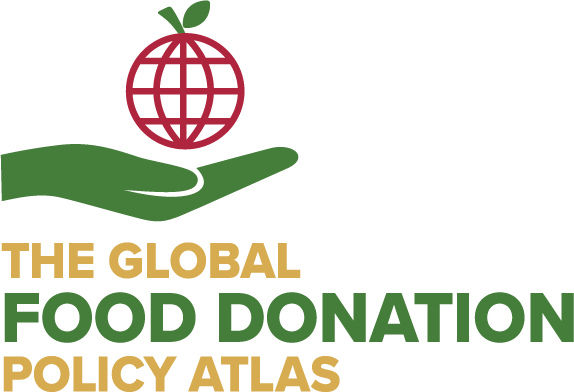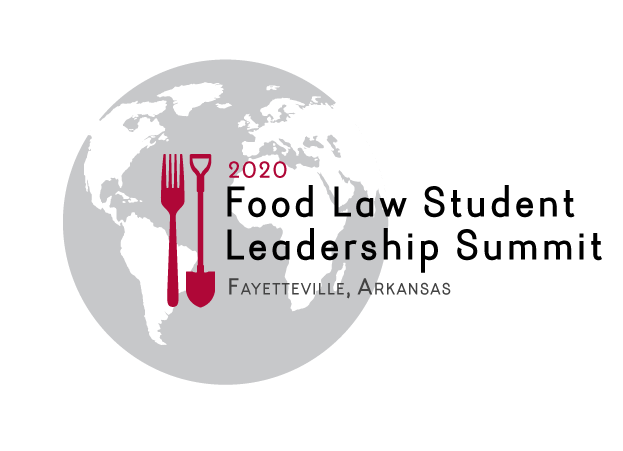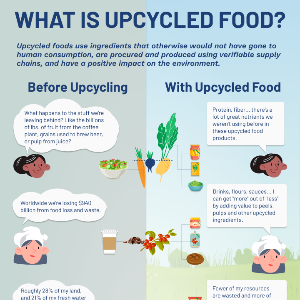| | | | | | Food Law and Policy Amid COVID-19 | | The novel coronavirus (COVID-19) is causing unprecedented impacts on daily life, including major disruptions to the way in which we produce, access, and consume our food. At FLPC, we believe it is our responsibility to leverage our expertise in food law and policy and work closely with governmental and community partners to provide answers and reassurance in this time of great uncertainty. We have therefore engaged in a robust effort to respond to the most pressing concerns arising from the pandemic and to support emergency response efforts intended to mitigate the risks of food supply challenges, worker exploitation, and hunger and food insecurity. FLPC has developed several resources in response to the pandemic, including on the following topics: FLPC also released a list of policy recommendations for Congress to address major food system issues in the next stimulus package. The food policy landscape is evolving quickly in the wake of COVID-19. In an effort to track best practices, identify shortfalls, and help direct practitioners to programs and funding, FLPC launched two state policy tracking tools. The first, our State Policies for Feeding Marginalized Populations Tool, tracks state policies that facilitate food delivery, food at centralized pick-up locations, and funding to support emergency feeding programs. The second policy tracker looks at state-wide stay-at-home orders and advisories. Learn more and explore our state policy tracking tools here. Visit the COVID-19 page on our website for additional information and resources on our response. | | | | | | | | New Website and Research on Global Food Donation | |  FLPC recently released a first-of-its-kind interactive resource to inspire long-term policy solutions to food waste, hunger, and climate change: the Global Food Donation Policy Atlas! Every year, an estimated 1.3 billion tons of food is lost or wasted globally. At the same time, more than 820 million people suffer from hunger around the world. Food donation offers a critical solution to this troubling paradox, as it redirects safe, surplus food away from landfills to those who need it most. Unfortunately, most countries lack supportive laws and policies that enable food donation to reach its full impact. FLPC recently released a first-of-its-kind interactive resource to inspire long-term policy solutions to food waste, hunger, and climate change: the Global Food Donation Policy Atlas! Every year, an estimated 1.3 billion tons of food is lost or wasted globally. At the same time, more than 820 million people suffer from hunger around the world. Food donation offers a critical solution to this troubling paradox, as it redirects safe, surplus food away from landfills to those who need it most. Unfortunately, most countries lack supportive laws and policies that enable food donation to reach its full impact.
In partnership with The Global FoodBanking Network (GFN), and with the support of the Walmart Foundation, the Global Food Donation Policy Atlas maps the laws and policies affecting food donation around the globe and provides recommendations to prevent unnecessary food waste and improve food distribution to those in need. The research focuses on Argentina, Canada, India, Mexico, and the United States, the first five of 15 countries participating in this project. | | | | | | | | | | | | | | | | | | Recent Events and Reports | |  | | The 5th Annual Food Law Student Leadership Summit was co-hosted by FLPC and the University of Arkansas School of Law in Fayetteville, AR from February 28-March 1, 2020. This year's summit convened more than 65 students from over 40 law schools across the country to discuss the most pressing legal issues facing our food system. The theme of this year's Summit was on food law and policy within the context of climate change. The Summit was made possible through the generous support of GRACE Communications Foundation, Charles M. Haar Food and Health Law Policy Fund, and our 2020 Summit Sponsors. | | |  | | On May 19, FLPC and the Upcycled Foods Definition Task Force published the first comprehensive definition of upcycled foods. “Upcycling” is a process by which items that would have otherwise been discarded or wasted are transformed into a product of higher quality or greater value than the original item. | | | | | | | | | | Emily Broad Leib Named Clinical Professor of Law
Emily Broad Leib, Faculty Director of FLPC and Deputy Director of the Center for Health Law and Policy Innovation, was named Clinical Professor of Law at Harvard Law School this January. Congratulations, Professor Broad Leib! | | | | | | Congratulations Harvard Law School Class of 2020!
From the FLPC staff and faculty, we appreciated having you in our clinic and seminar over the last few years and wish you all the best of luck on your next adventures. Congratulations, graduates! | | | | | | | | | | | | | | | | The Harvard Law School Food Law and Policy Clinic (FLPC) serves partner organizations and communities by providing guidance on cutting-edge food system issues, while engaging law students in the practice of food law and policy. FLPC’s work focuses on increasing access to healthy foods, supporting sustainable production and regional food systems, promoting community-led food system change, and reducing waste of healthy, wholesome food. FLPC is committed to advancing a cross-sector, multi-disciplinary and inclusive approach to its work, building partnerships with academic institutions, government agencies, private sector actors, and civil society with expertise in public health, the environment, and the economy. Learn more about FLPC. | | | | | | | |